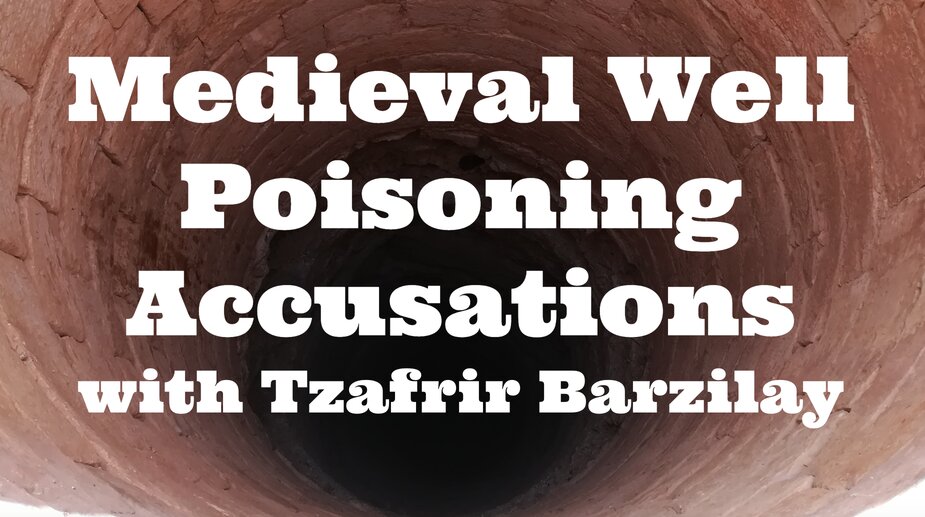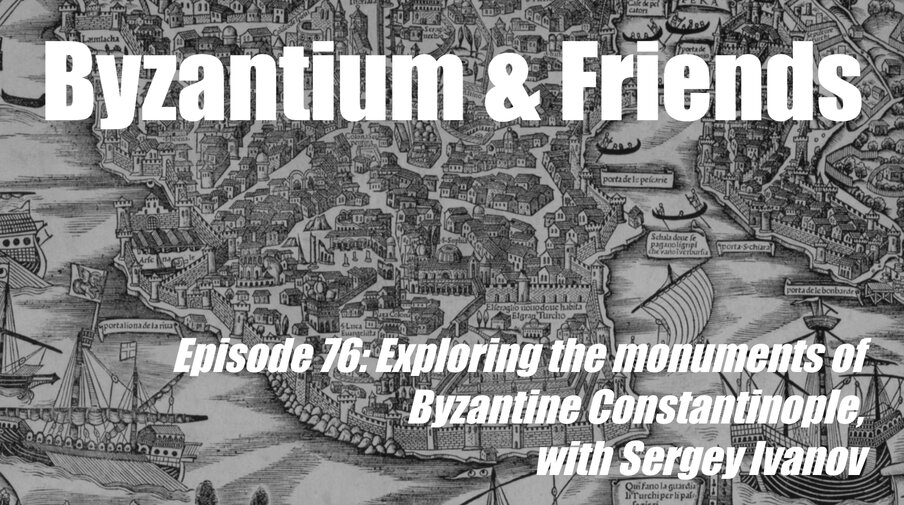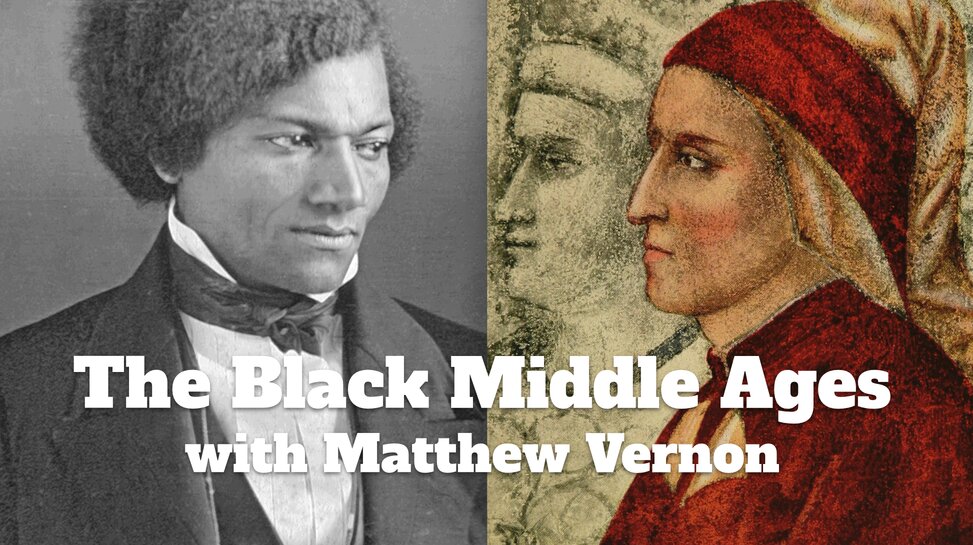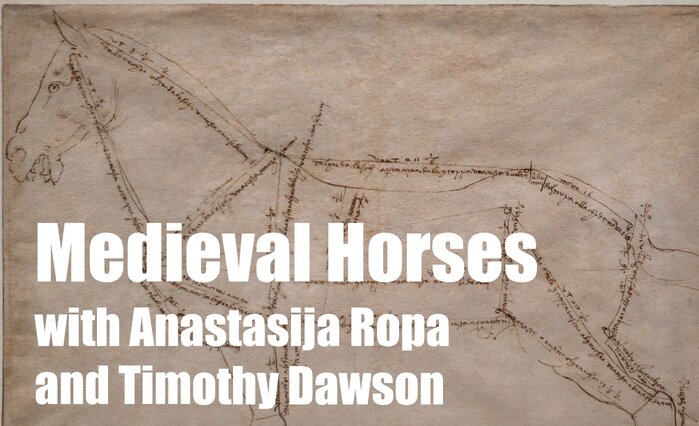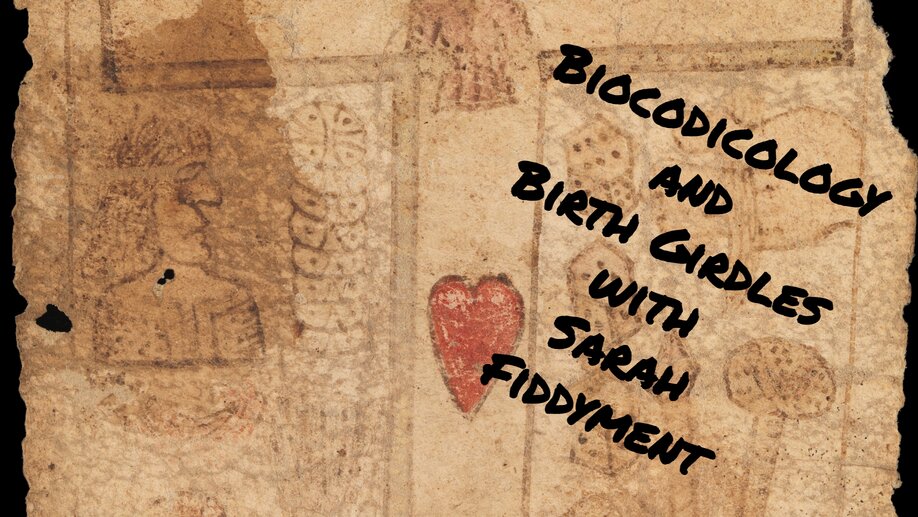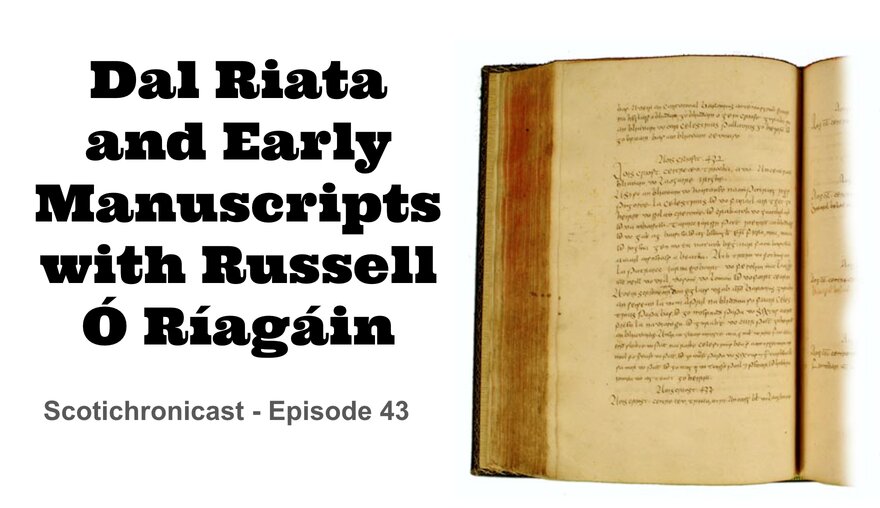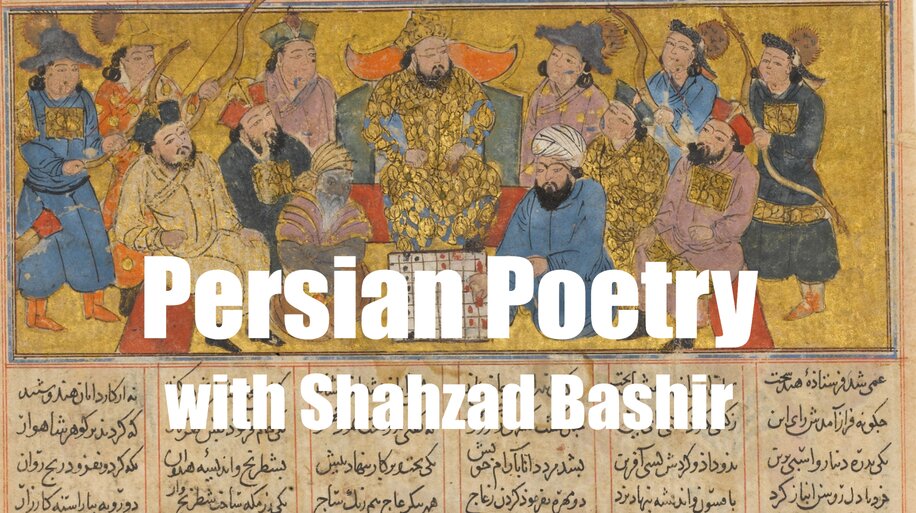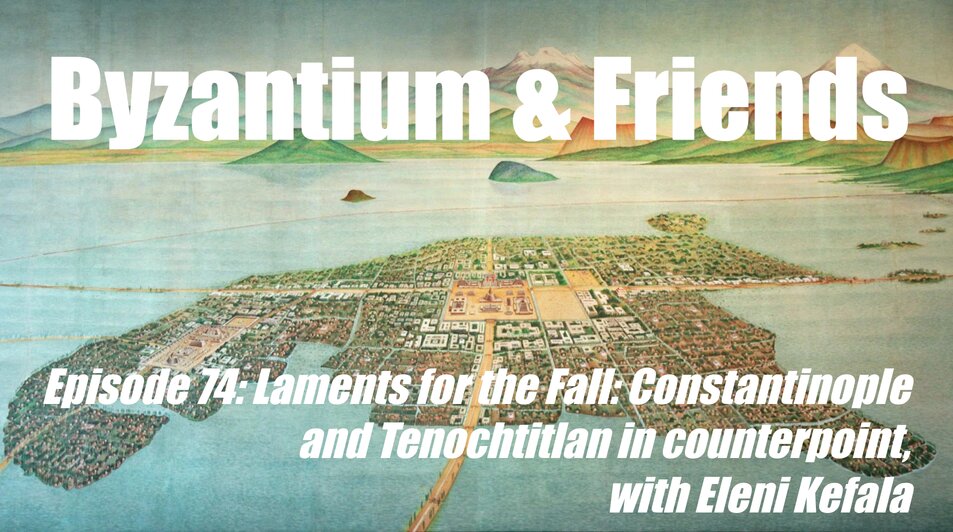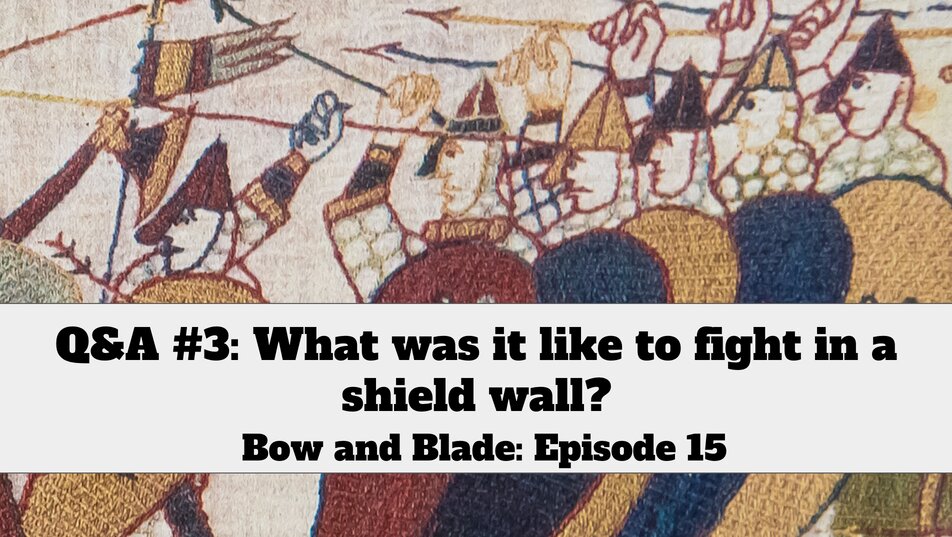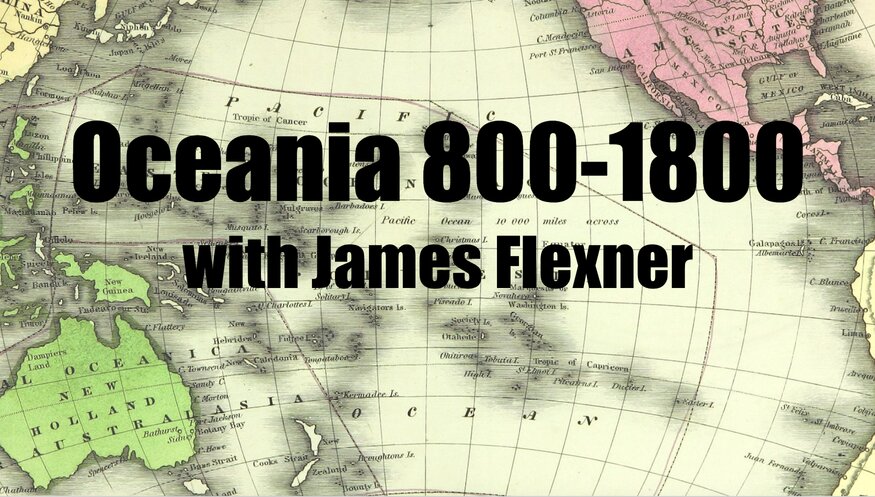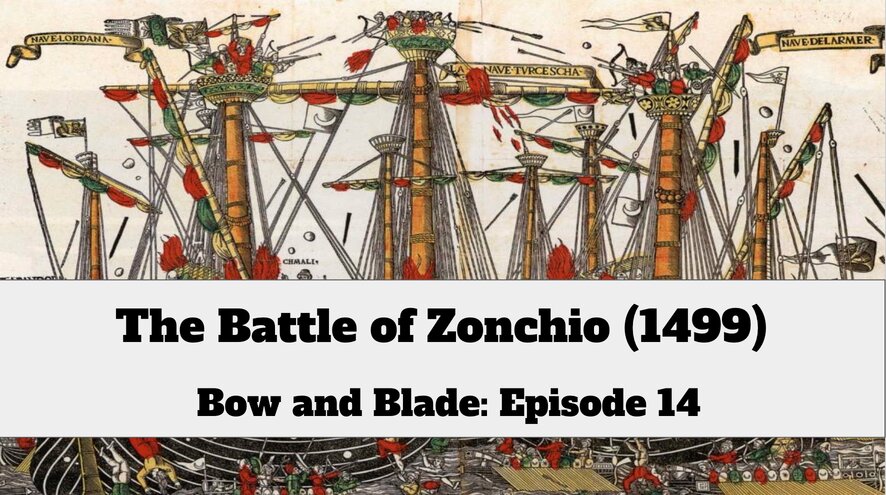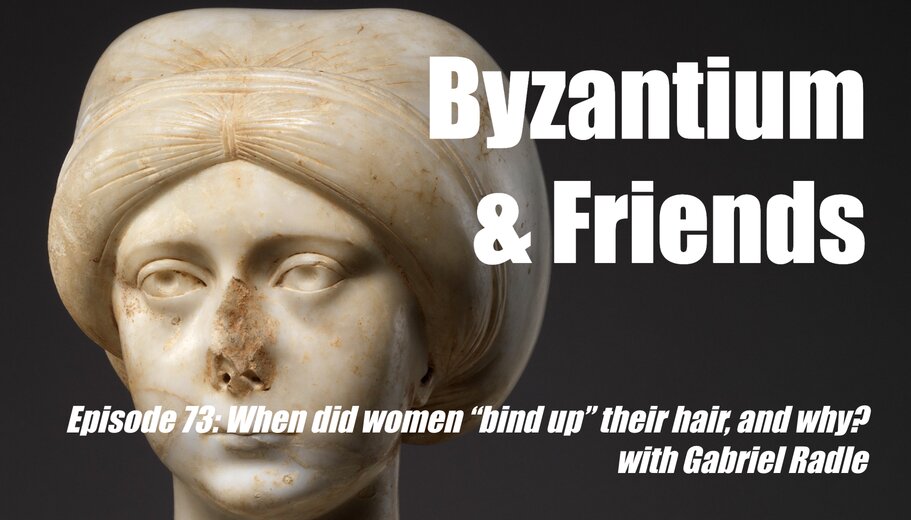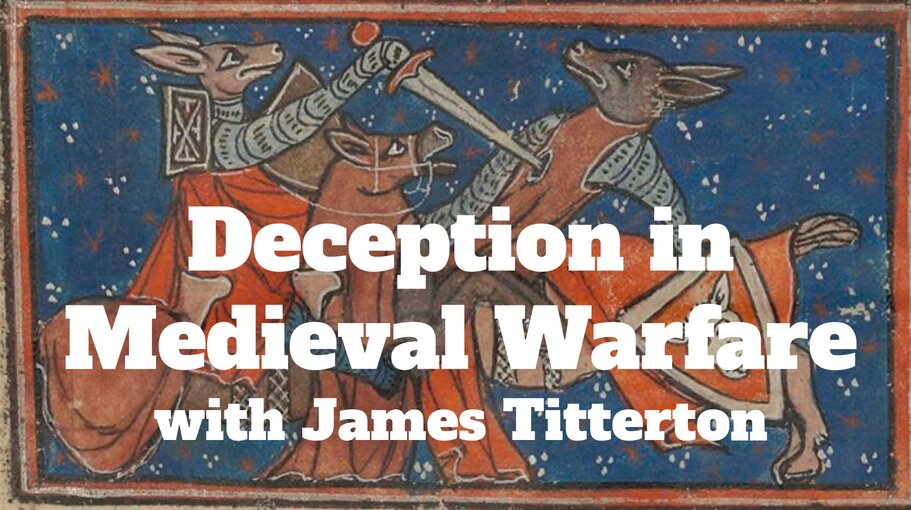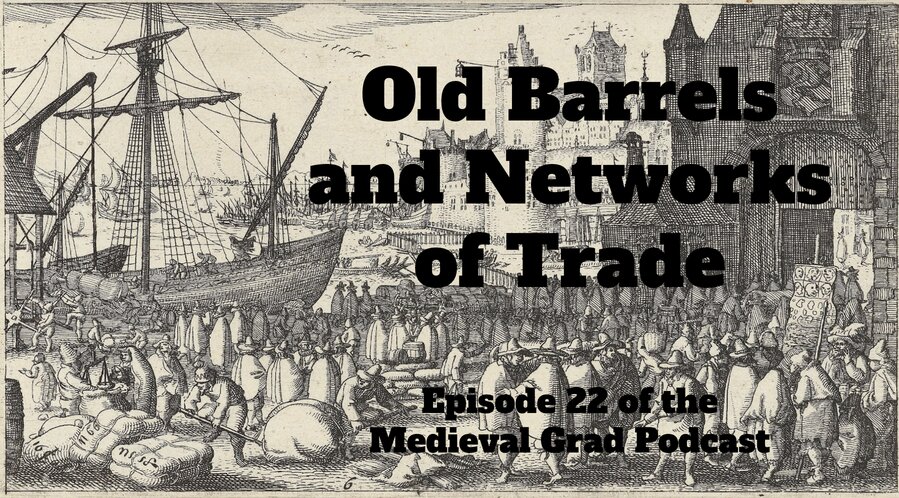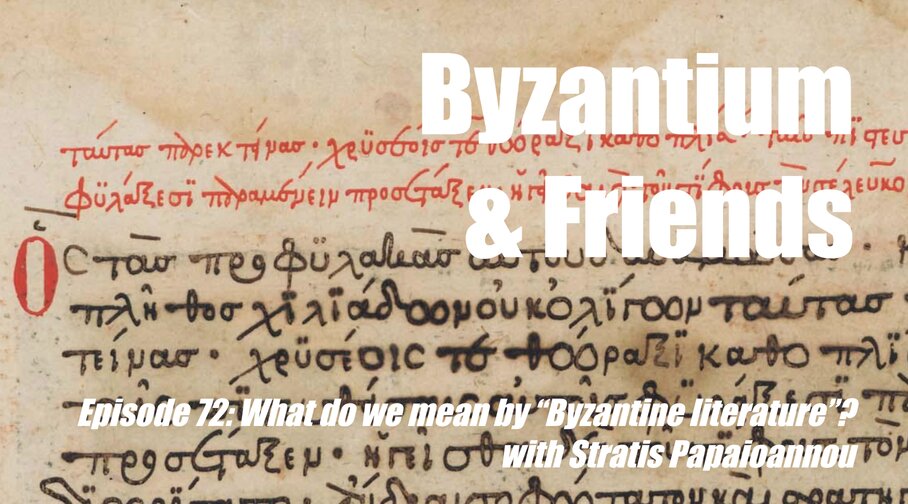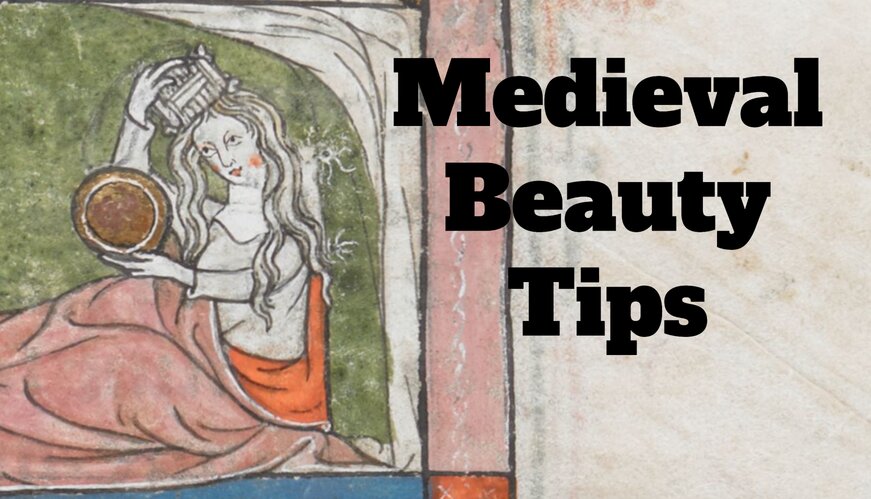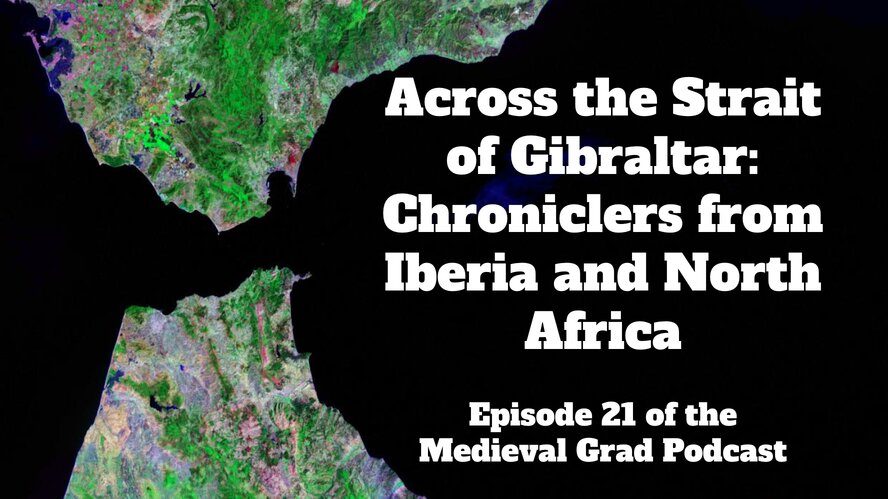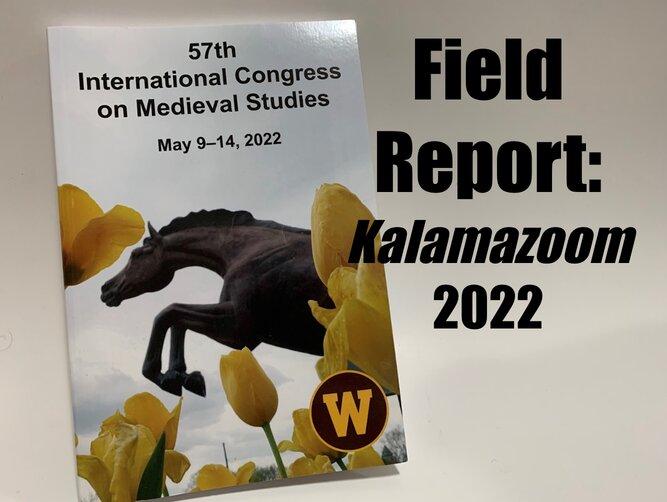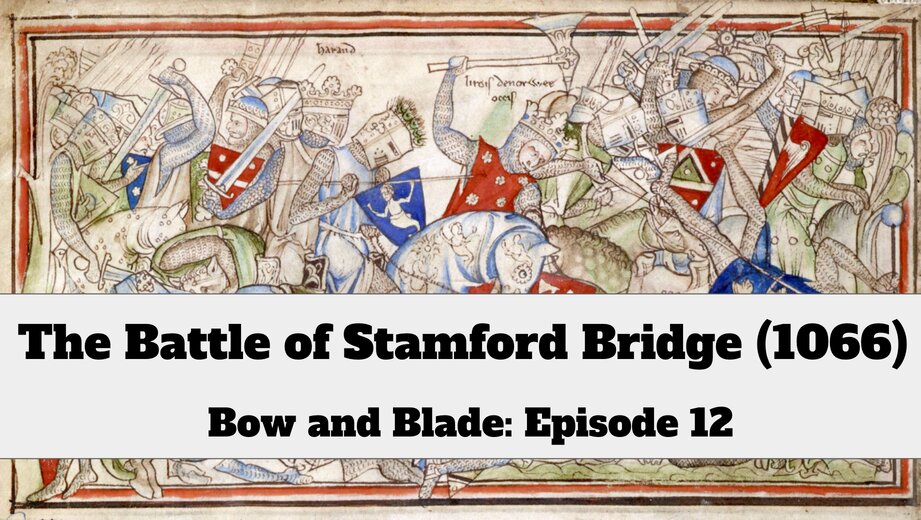Medieval Well Poisoning Accusations with Tzafrir Barzilay
Medieval antisemitism flared up most famously and tragically during the Black Death when Jews were accused of deliberately poisoning wells, and thousands were executed for this wholly imagined crime. This week on The Medieval Podcast, Danièle speaks with Tzafrir Barzliay about what made well poisoning conspiracy theories so powerful, and how they started.
Exploring the monuments of Byzantine Constantinople, with Sergey Ivanov
A conversation with Sergey Ivanov on the monuments, buildings, and ruins of the Byzantine phase of the City’s history. We talk about how to explore them, how to access their history, and even get a feel for the lingering presence of the events that took place in them. We ponder what has been lost and what might yet be found.
The Black Middle Ages with Matthew Vernon
Ever since the medieval period ended, people have been looking to the Middle Ages to find inspiration and a sense of cultural roots. This week on The Medieval Podcast, Danièle speaks with Matthew Vernon about the commonalities and kinship felt by African-American writers as they look back to the medieval past.
Medieval Horses with Anastasija Ropa and Timothy Dawson
This week on The Medieval Podcast, Danièle speaks with Anastasija Ropa and Timothy Dawson about one of the most important figures of the Middle Ages: the horse. From a knight’s trusty steed to the lowliest packhorse, these creatures were an integral part of medieval life and legend.
The politics of archaeological heritage and reclamation, with Jonathan Hall
A conversation with Jonathan Hall about how the archaeological past of the city of Argos was reclaimed in the long nineteenth century. What institutions and political debates took shape around the heritage of the past? What role did the ancient travel writer Pausanias play in defining what the past was? What was the interplay between local, national, international, and imperial interests?
Biocodicology and Birth Girdles with Sarah Fiddyment
This week on The Medieval Podcast, Danièle speaks with Dr. Sarah Fiddyment about a mind-blowingly simple way of collecting biological information from parchment, what it can tell us, and what it reveals about how a late medieval birth girdle was used.
Dal Riata and Early Manuscripts with Russell Ó Ríagáin
On this episode of Scotichronicast, Dr. Kate Buchanan is joined by Dr. Russell Ó Ríagáin to discuss his work on early manuscripts and the shared history between Ireland and Scotland surrounding Dal Riata.
Persian Poetry with Shahzad Bashir
This week on The Medieval Podcast, Danièle speaks with Shahzad Bashir about the absolutely massive tradition of medieval Persian poetry, what it has in common with modern hip-hop, and its impact on Persian culture from the Middle Ages to today.
Laments for the Fall: Constantinople and Tenochtitlan in counterpoint, with Eleni Kefala
A conversation with Eleni Kefala on the fall of two empires, the Byzantine and the Aztec. What role did these momentous events play in the emerging identity of western Europe? And how were they experienced by the Romaioi and the native Mexica, especially through the laments that they wrote and sang about these events?
Q&A #3: What was it like to fight in a shield wall?
The third Q&A episode of Bow and Blade. Michael and Kelly answer your questions, including how did warriors fight in a shield wall, why were the armies of Duke Charles the Bold so often defeated, what factors led to the rise of pikemen, just how good were longbow archers at shooting, and was Richard III a bad guy?
Oceania 800-1800 with James Flexner
This week on The Medieval Podcast, Danièle speaks with James Flexner about how, why, and just how far Oceanic peoples explored in the Middle Ages, as well as the ways in which we can learn about the rich history of this region.
The Cult of Chinggis Khan
What do you really know about Chinggis Khan? In this episode of the Medieval Grad Podcast, Lucie Laumonier interviews Dotno Pount about the Mongol leader Chinggis Khan and what historians know about his life and afterlife. Dotno’s research focuses on how after Chinggis’ death he was worshipped as a divine royal ancestor within Mongol society.
The Hidden Hands Behind Medieval Manuscripts with Mary Wellesley
Survivors of time, neglect, and sometimes disasters, medieval manuscripts are the work of countless authors, scribes, artists, and craftspeople, many of whom remain anonymous. This week on The Medieval Podcast, Mary Wellesley shares the stories behind some of the most famous manuscripts of the Middle Ages and the hidden hands behind them.
The Battle of Zonchio (1499)
In the first naval battle covered by Bow and Blade, Kelly and Michael discuss the Battle of Zonchio, fought on four separate days in August of 1499. The Ottoman and Venetian fleets fight off the coast of Greece in the Ionian Sea to determine who would control the waters of the eastern Mediterranean.
When did women “bind up” their hair, and why?, with Gabriel Radle
Byzantium & Friends is hosted by Anthony Kaldellis, Professor and Chair of the Department of Classics at The Ohio State University. You can follow him on his personal website.
You can listen to more episodes of Byzantium & Friends through Podbean, Spotify or Apple Podcasts
Top Image:
Deception in Medieval Warfare with James Titterton
In the Middle Ages, warfare meant tactics, strategy, and a hefty dose of cunning. This week, Danièle speaks with James Titterton about the place of deception in medieval warfare and the morality of tricking your enemies.
Old Barrels and Networks of Trade
How urban and marine archaeology allows us to dive into medieval international commerce.
The Wordhord with Hana Videen
This week on The Medieval Podcast, Danièle speaks with Hana Videen, an author who introduces Old English to new audiences through the lens of everyday life. Find out what makes Old English different, what makes it beautiful, and which words really deserve a comeback.
The Battle of Courtrai (1302)
Also known as the Battle of the Golden Spurs, it would see the people of Flanders defeat a French army in the year 1302. In this episode of Bow and Blade, Michael and Kelly look at the battle and war behind it, and how the Flemish infantry could stand up to the French cavalry.
What do we mean by “Byzantine literature”?, with Stratis Papaioannou
A conversation with Stratis Papaioannou about the mismatch between modern ideas of literature (on the one hand) and the texts, conventions, and goals of Byzantine authors (on the other). In what sense are those texts “literature”? Should they be compared to classical texts, modern literature, neither, or both?
Medieval Beauty Tips
Just like us, medieval people wanted to step out looking (and smelling) their best. This week on The Medieval Podcast, Danièle shares some hygiene and beauty advice from the Middle Ages.
Across the Strait of Gibraltar: Chroniclers from Iberia and North Africa
We are bridging communities across the sea in this episode of the Medieval Grad Podcast. Emma Snowden talks with Lucie Laumonier about her dissertation, “Bridging the Strait: The Shared History of Iberia and North Africa in Medieval Muslim and Christian Chronicles.”
Field Report: Kalamazoom 2022
This week on The Medieval Podcast, Danièle and Peter Konieczny report back on the 57th International Congress on Medieval Studies, affectionately known this year as “Kalamazoom”. Here are some favourite papers, some of the exciting new research going on in medieval studies and how the field is changing for the better.
The Battle of Stamford Bridge (1066)
King Harold Godwinson of England would see his country invaded by army led by his brother Tostig and King Harald Hardrada of Norway. In this episode of Bow and Blade, Kelly and Michael discuss the Norwegian invasion of 1066, which culminated at the Battle of Stamford Bridge.
Manuel II Palaiologos (1350-1425) had a lot to say, with Siren Çelik
A conversation with Siren Çelik about the many personas that the emperor Manuel II Palaiologos crafted for himself in his surviving works. In fact, we have more writings from him — in many genres, and many of a personal nature — than from any prior Roman emperor. What was he hoping to accomplish and why is he worth reading?
